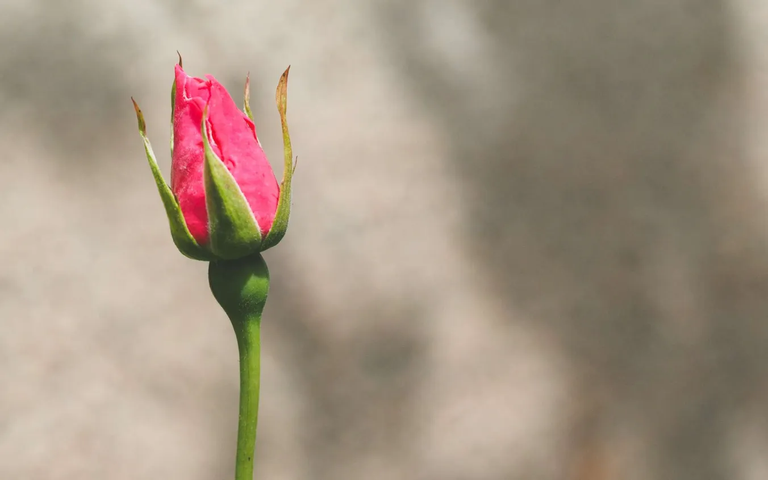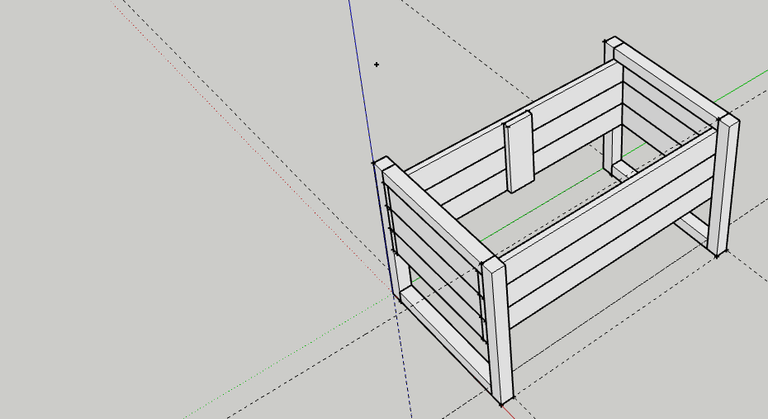Some people say they have an eidetic memory, though I think most of them have an idealistic memory, rather than a photographic one. We tend to remember quite poorly, making changes to our experience, whilst adamant that it happened exactly as we remembered it happening. Confidence in our memory shouldn't be an indicator of truth - which is why "eye witness" testimony shouldn't hold very much weight.
Today while I was digging a large, shallow grave in the yard, I was listening to Finding Flow: The Psychology Of Engagement With Everyday Life, a Book by Mihaly Csikszentmihalyi that was published in 1997. I think I have read it before, but I can't be sure, because while bits of it seems familiar, there was nothing that popped out as a reminder that I had read it. However, it could also be familiar because a lot of what is covered is aligned with some of my own thoughts on different aspects of life.

It was 5 meters by 3 meters and about 40 centimetres deep.
But it wasn't a grave.
While my hands were quickly blistering from the mandiwork I was doing, I listened in on the audiobook and one thing came up again and again throughout. Even though the references are dated and the numbers are likely different now, it was clear from the various research sources that those who spent the most time in passive entertainment, enjoyed life the least. It is not that the people who worked more were necessarily happier, but they enjoyed what they were doing - if it met certain conditions.
If you haven't read the book (or don't remember if you have or haven't), I highly suggest it as a reflection point and think about since it was written, how much has changed in terms of what people entertain themselves with. TV is gone in the form it was, and now it is on-demand content of anything a person wants, and anywhere a person wants. We always have something to consume in our leisure time.
For a long time I have been talking (and later writing) about how most of us waste our free-time, our leisure time, by consuming, rather than learning. But in the book today I found something interesting, where it was mentioned that the "leisure" the ancient philosophers spoke about was not free-time at all - the Greek word for leisure is actually "schole" - which you might recognise as the base for school. Free-time was the time for thinking, creating, being artistic, inventing - it was a time to spend schooling oneself to be better.
But another thing stood out to me from the book, that is also interesting to reflect on for those who read it, or reread it as the case may be. They talk about the conditions of flow, which is basically skill matched with a challenge just out of reach, and how it is like a game. And all through the book I could pick out examples and rules that have been leveraged over the last few decades. Not to make us better, but to make us consume more.
It was like a blueprint of self-improvement to have an enjoyable life, was weaponised to do the exact opposite. And yeah, that is pretty much what the behavioural economists that work for the big tech companies are doing. The reference in the book was about using sex to sell, but the digital age has been able to take that to a whole new level, by creating an "interactive" environment that can make us feel like we are doing, even though we are actually passive passengers, being led through the scene, given the clues without us having to search, and providing the solution, without us having to think at all. Yet, we walk away thinking we accomplished something.
But still unsatisfied.
Toward the end of the book, my own words (at least I have said them before) were spoken, with "attention being the most valuable resource we have". This is something I have built a lot of my own thoughts upon, because while most people focus on freeing up their time, most people I know don't spend their free-time well. Instead they use it as an opportunity to lose focus, rather than pay attention. There is a cost to both.
Lose 100 dollars and get nothing, or pay 100 dollars and get something.
I spent eight hours straight in the garden digging alone, and both of my hands are painfully blistered despite the gloves. However, while the work was hard, it wasn't unpleasant. It was actually enjoyable, as I got into the groove and literally dug in hour after hour. I didn't even eat. Other than the slow voice of the audiobook, I just focused on what needed to be done, what I wanted to do, and how I want to do it. It isn't finished, I am sore, and tomorrow there will be another day at least that follows that is at least as physically hard, if not harder - but I am looking forward to it.
So much of our time and far more than what it was thirty years ago, is taken up with leisure activities that don't add value, that aren't "scholastic" in their pursuit, they are just time fillers. We don't seem to be getting happier, nor do we seem to be enjoying life more than earlier, so what are we doing with the time we have?
As said, this is a book that perhaps many people should read and reflect on. Spend some time updating the references to current situations, personal habits, and whether something can be done to improve personal experience. Maybe you are living the best life you can possibly lead. Maybe you would like something else. Maybe you haven't yet taken a step back and shone your attention on your life at all.
We all make choices.
I am not sure what book will accompany in the garden tomorrow yet - but I hope it is useful.
Taraz
[ Gen1: Hive ]
